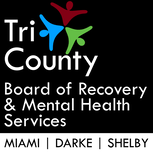208 HIV/AIDS in Employment
Original Approval Date: December 21, 1994
Revision Effective: June 17, 2009
Supersedes: #307
Rescinded: June 21, 2023
[Individuals with HIV/Aids are covered under civil rights (Policy #202), ADA and reasonable accommodation (Policy #203) and Section 504 (Policy #204). A separate policy is no longer needed.]
Revision Effective: June 17, 2009
Supersedes: #307
Rescinded: June 21, 2023
[Individuals with HIV/Aids are covered under civil rights (Policy #202), ADA and reasonable accommodation (Policy #203) and Section 504 (Policy #204). A separate policy is no longer needed.]
